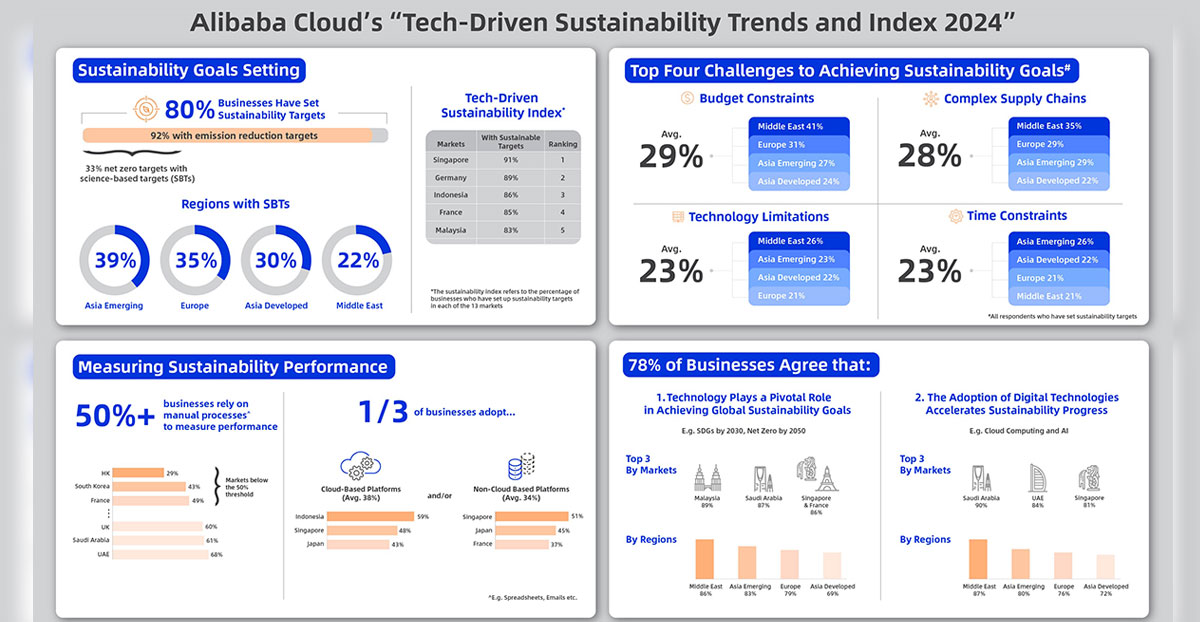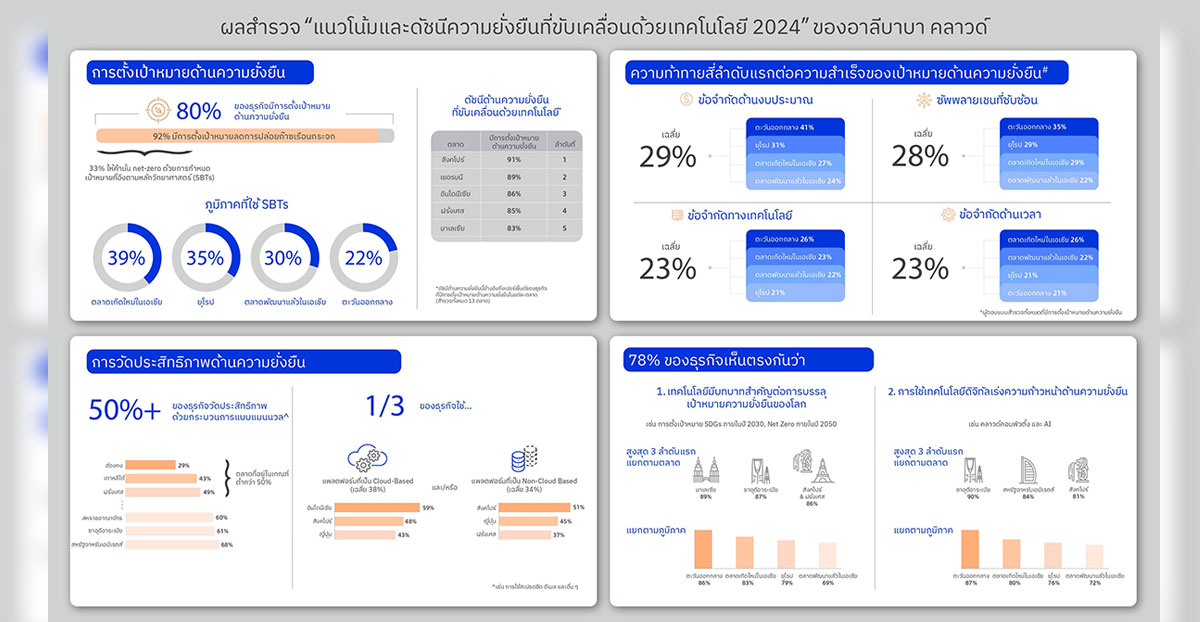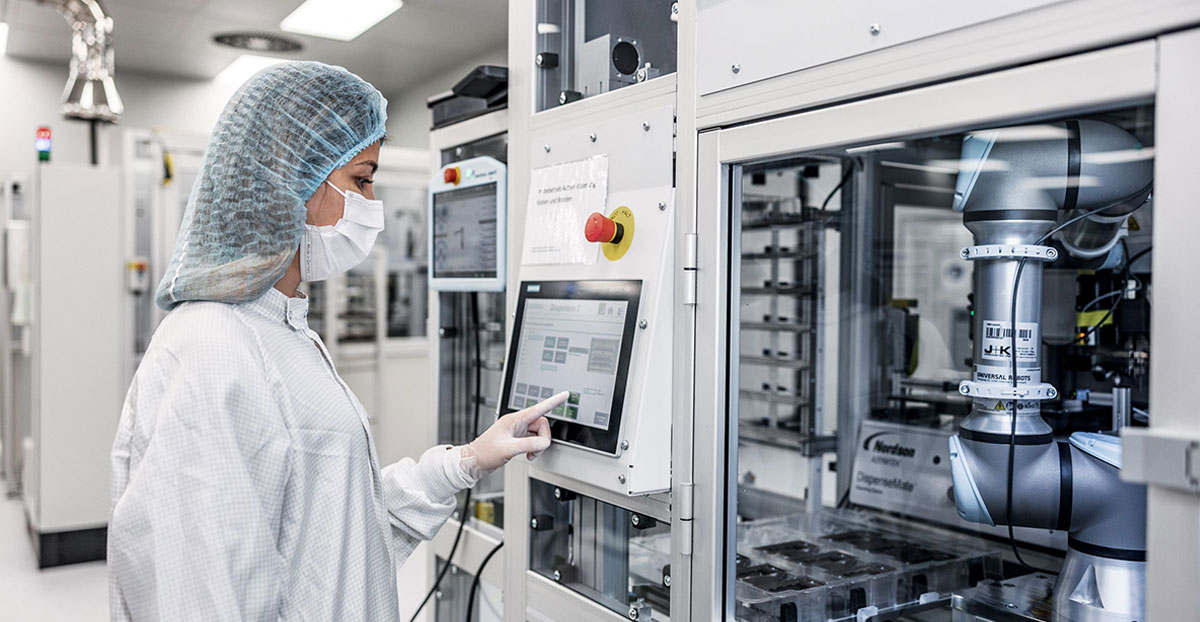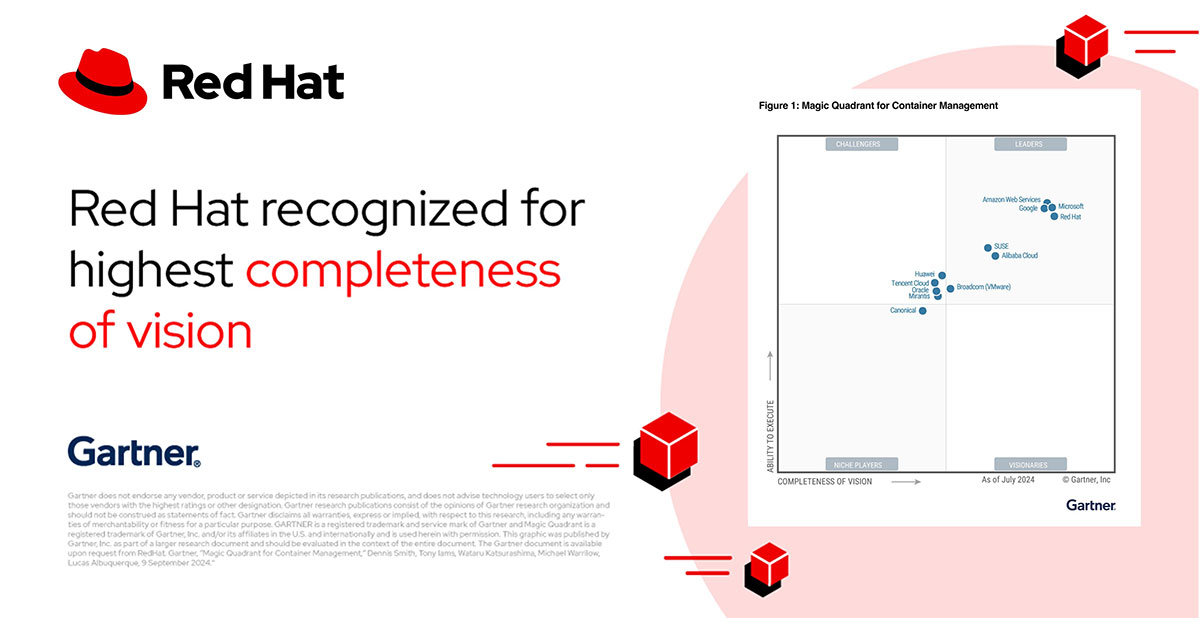A Vast Majority of Businesses Have Established Sustainability Targets with More than Half Still Using Manual Tools for Measurement
- More than three quarters of businesses believe technology is essential for achieving global sustainability goals, with digital adoption key to accelerating progress
- 82% of Thai respondents have set sustainability targets, of which 66% say they are on track to achieve them.
- Budget constraints, complex supply chain and technology limitations are the top 3 most common barriers for enterprises to meet sustainability targets
A significant 80% of businesses surveyed across Asia, Europe and the Middle East have established sustainability targets, but of those who have set sustainability targets more than half (53%) continue to rely on manual methods for measuring their progress, according to a survey report titled “Tech-Driven Sustainability Trends and Index 2024” commissioned by Alibaba Cloud, the digital technology and intelligence backbone of Alibaba Group. Thai businesses share a similar trend with 82% businesses setting up sustainability targets, yet 50% still using manual methods to measure their efforts.
The report reveals that among businesses with sustainability targets, 92% have set emission reduction targets. However, only one-third of these organizations have committed to net-zero commitments with science-based targets (SBTs). The highest adoption of SBTs is in emerging Asian markets at 39%, followed by Europe at 35%, developed Asian markets at 30%, and the Middle East at 22%.
Around half of the businesses with sustainability targets cite driving growth (56%), compliance with regulations (54%), and a strong corporate purpose (49%) as their key motivations for establishing targets. Notably, among all markets, Indonesia tops the list with 70% of businesses prioritizing growth, Saudi Arabia leads with 73% emphasizing compliance, and the UAE excels with 61% prioritizing a strong corporate purpose. For Thai businesses, client requirements (45%), driving business growth (44%) and regulatory compliance (43%) are top three reasons for sustainability targets setting.
A significant 78% of businesses agree that technology is crucial for achieving global sustainability goals, with top markets including Malaysia (89%), Saudi Arabia (87%), Singapore (86%) and France (86%). Regionally, this belief is strongest in the Middle East (86%) with emerging Asian markets a close second (83%). Similarly, 78% believe that adopting digital technologies such as cloud computing and AI will accelerate progress toward meeting sustainability goals, with Saudi Arabia leading at 90%, followed by the UAE (84%) and Singapore (81%).
Market Commitment Levels and Challenges
When assessing market commitment levels, Singapore ranks highest with an impressive sustainability index of 91%, followed closely by Germany at 89% and Indonesia at 86%. The sustainability index refers to percentage of businesses who have set up sustainability targets in the 13 markets.
Businesses encounter various barriers in meeting their sustainability targets. Budget constraints emerge as the most significant obstacle, affecting 29% of organizations, particularly pronounced in the Middle East (41%) and Europe (31%). Complex supply chains further complicate efforts, impacting 28% of businesses, with Thailand unveiling a higher percentage of 32%. Additionally, technology limitations hinder 23% of companies, with the Middle East facing a slightly higher rate at 26%. Time constraints also present significant challenges across all regions, affecting 23% of organizations, with Thailand experiencing the highest rate of 34%. For those yet to set sustainability targets, budget constraints (32%) and technology limitations (29%) remain the primary barriers to meeting sustainability targets.
Reliance on Manual Measurement
As businesses strive to enhance their sustainability efforts, the necessity for effective digital tools is evident. The survey emphasizes the necessity for businesses to improve their understanding of digital tools, as 59% of respondents acknowledge a gap in their knowledge regarding how technology can help achieve sustainability goals. This sentiment is particularly evident in Singapore (83%) and Hong Kong (75%) and Thailand (70%).
The report also shows a general reliance on traditional practices among businesses, which may present challenges in effectively achieving sustainability goals. The study indicated that over 50% of businesses depend on manual processes to measure sustainability performance using spreadsheets, emails, and similar methods. All markets, except for Hong Kong (29%), South Korea (43%) and France (49%), exceeded the 50% threshold, with the highest percentages in the UAE (68%), Saudi Arabia (61%), and the UK (60%). Meanwhile, only around a third of the businesses use digital software tools including cloud platforms for the sustainability progress and measurement. Indonesia (59%), Singapore (48%) and Japan (43%) demonstrate a higher adoption of cloud-based solutions, while the average usage is at 38%.
“The survey findings underscore the urgent need for organizations to reassess their sustainability measurement methodologies and embrace advanced technological solutions like cloud-based platforms and AI services. These digital tools not only streamline the measurement process but also provide actionable insights that can drive meaningful progress for sustainability,” said Selina Yuan, President of International Business, Alibaba Cloud Intelligence.
“As a dedicated cloud service provider, we are committed to providing innovative and AI-powered solutions such as Energy Expert to enable enterprises to effectively measure and analyze carbon emission and energy consumptions to advance their sustainability goals. By addressing existing barriers and investing in such advancements, organizations can better align their sustainability initiatives with established targets,” she added.
Alibaba Cloud’s “Tech-Driven Sustainability Trends and Index 2024” aims to provide valuable insights into the evolving landscape of corporate sustainability while highlighting how technology can be applied to drive impactful change.





